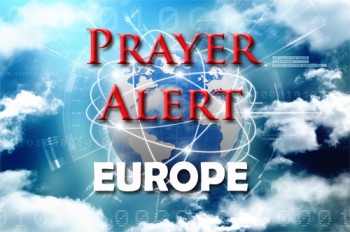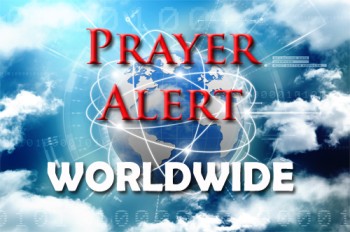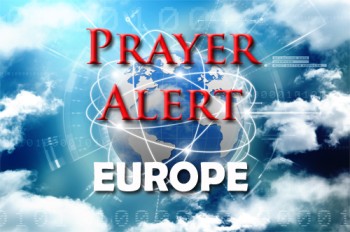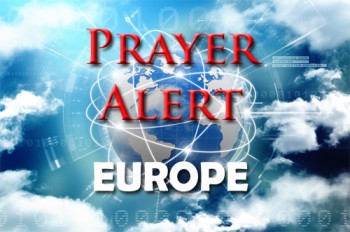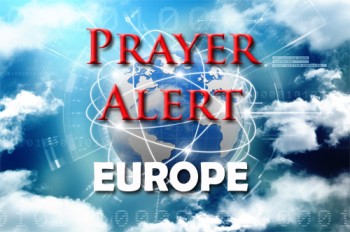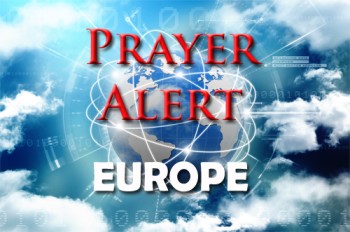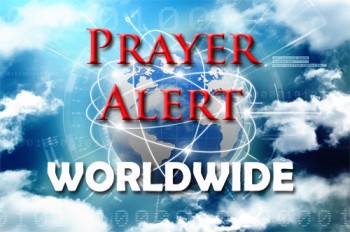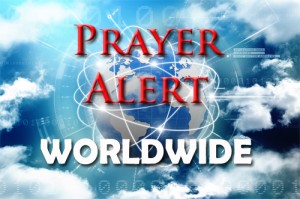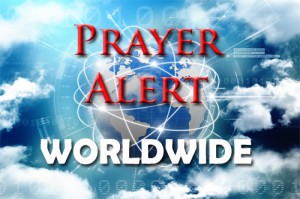Displaying items by tag: war crimes
Sweden: woman sentenced for war crimes against Yazidis
Lina Ishaq, a 52-year-old Swedish woman, has been sentenced to twelve years in prison for genocide and war crimes against Yazidis in Syria. She enslaved three Yazidi women and six children in Raqqa between 2014 and 2016, forcing them to wear veils, practise Islam, and endure physical abuse. This is Sweden’s first conviction related to IS crimes against Yazidis, a religious minority targeted for extermination. In 2014, IS launched a brutal campaign against them, killing 5,000 and enslaving thousands more. Ishaq, originally from Iraq, moved to Sweden as a child but later converted to Islam and joined IS in 2013. She fled to Turkey after IS collapsed and was extradited to Sweden in 2020. Sweden’s Yazidi community (numbering about 6,000) sees the conviction as a step toward justice, though Ishaq denies the charges and may appeal.
Mali: former police chief sentenced by ICC
The International Criminal Court (ICC) has sentenced Al-Hassan Mahmoud to ten years in prison for war crimes committed during his tenure as head of the Islamic police in Timbuktu, Mali. He was found guilty of torture, overseeing public amputations, and organising brutal floggings, including of children, under the al-Qaeda-linked Ansar Dine group, which seized the city in 2012. The presiding judge described the sentence as ‘proportionate to the gravity of the crimes’, acknowledging the harm caused to victims. However, Al-Hassan was acquitted of charges of rape and sexual slavery: the ICC acknowledged that sexual violence had occurred, but said he was not directly responsible. Rights groups expressed disappointment, noting testimonies of women being raped in detention. In 2016 the ICC sentenced another Ansar Dine member to nine years for destroying Timbuktu’s ancient shrines.
Ukraine: beheading video
Ukraine’s president Zelensky has urged world leaders to act after the emergence of footage showing Russian soldiers beheading a Ukrainian prisoner of war. A second video shows the beheaded corpses of two Ukrainian soldiers next to a destroyed military vehicle. Since Russia invaded Ukraine, it has committed widespread abuses. The International Criminal Court has issued an arrest warrant for Putin’s alleged war crimes. Ukraine’s foreign minister tweeted, ‘A horrific video of Russian troops decapitating a Ukrainian prisoner of war is circulating online. It’s absurd that Russia, which is worse than Isis, is presiding over the UNSC’ - referring to the UN Security Council, where Russia took up the rotating presidency this month. ‘The terror group Isis released a number of videos showing beheadings when it controlled swathes of territory in Iraq and Syria. Russian terrorists must be kicked out of Ukraine and the UN and be held accountable for their crimes, and the International Criminal Court must ‘immediately investigate yet another atrocity of the Russian military.’
Russia: Does not recognise Hague court arrest warrants
The international criminal court in The Hague will seek arrest warrants against Russian individuals over war crimes. The arrest warrants come a year after the prosecutor opened investigations into possible war crimes against humanity and genocide. He has made three trips to Ukraine sites of alleged violations. Putin’s spokesperson said, ‘We do not recognise this court; or its jurisdiction.’ Russia left the leading human rights watchdog, Council of Europe, and threatened to withdraw from the World Trade Organization and the World Health Organization, thereby deepening the country’s isolation from the west.
Ukraine: War crimes
A Russian missile strike hit an apartment building in Dnipro housing 1,700 people. President Zelenskyy reported 75 survivors were wounded, at least 40 people died. Rescue efforts continue, but Mayor Borys Filatov said, ‘there is minimal chance of finding others alive. The death toll made it the deadliest attack in one place since September. The attack ends a two-week lull in airstrikes against Ukraine's power infrastructure and urban centres. A Dnipro survivor said, ‘There are no military facilities here, no air defence, no military bases. It just hit civilians, innocent people.’ Russia’s Defence Ministry said, ‘All designated targets on Ukraine’s military command and control system were hit’ see Meanwhile a former commander with the Russian paramilitary Wagner Group has deserted and claiming asylum after witnessing war crimes in Ukraine - including deserters being executed and killing Russians who don't want to kill Ukrainians.
Ukraine: Putin should face trial in 2023
The British barrister Sir Geoffrey Nice, who led the prosecution of former Serbian leader Slobodan Milosevic, said Vladimir Putin should go on trial in Ukraine this year for war crimes committed there. He expressed his surprise that prosecutors and politicians were not ‘spelling this out much more freely and openly’. He described Moscow's actions during the invasion as ‘crimes against humanity’ as civilian targets were being attacked. Crimes against humanity are considered the most serious offences under the so-called ‘rules’ of war. These laws ban attacks on civilians - or infrastructure vital to their survival - and are set out in international treaties such as the Geneva Conventions. Russia's repeat attacks on the Ukrainian energy grid over the winter are described as war crimes because of the harm done to civilians. Russia claims to be hitting only military targets. Kyiv’s prosecutor-general has reported 62,000+ war crimes, including over 450 child deaths.
Yemen: victims 'screaming in pain, but no one is hearing'
‘There are no heroes in Yemen, just criminals and victims’, said a human rights investigator. The victims are millions of ordinary Yemenis caught in a protracted proxy war that brought Yemen to its knees and turned it into the world's biggest humanitarian disaster. The lack of easy access to the country for journalists and international monitors means many Yemenis feel, as one doctor put it, that ‘we are screaming in pain, but no one is hearing’. Recently a Sky investigation team travelled hundreds of miles through armed checkpoints and rough terrain to gather testimonies from the victims, witnesses and survivors. Families in Taiz, Yemen’s third-largest municipality and once a cultural epicentre, have experienced some of the fiercest fighting during the six-year civil war between pro-government troops backed by a Saudi-led coalition (supported by the USA and the UK) and Houthi rebels, supported by Iran. Both sides are guilty of grave human rights abuses: see
South Sudan: UN report - war crimes
60.5% of South Sudan’s population is Christian, with over 60 different major ethnic groups. South Sudan split from the predominantly Islamic north in 2011 and was expected to prosper as the split meant it inherited most of Sudan's oil wealth. But civil war has robbed the nation, killed thousands, and left tens of thousands in need of humanitarian aid. Now a report by UN human rights investigators says that over 40 South Sudanese officials, including military generals and state governors, may be guilty of crimes against humanity, (rape, murder of civilians, and conscripting child soldiers). The report says, ‘Children have been recruited and forced to kill civilians. In many cases they have watched loved ones raped or killed. The scale of the hunger and destruction inflicted on the country by its political and military leaders defies description.’
South Sudan bishops (2): famine ‘man-made’
South Sudan’s Catholic bishops have issued a pastoral letter condemning the civil war and labelling the famine ‘man-made’. The document responds to reports from all seven dioceses. They denounce government and opposition violence against civilians. ‘The killing, torturing and raping of civilians is a war crime. We want the world to hear the true situation in which our people find themselves. Our country is gripped by a humanitarian crisis - famine, economic hardship, and insecurity. Our people are struggling simply to survive.’ The bishops tell how people have been herded into their houses which were then set on fire, and recount atrocities of bodies dumped in sewage-filled septic tanks. They said, ‘People live in fear. While food shortages are partly related to poor rains, it is violence and a plummeting economy that are pushing the population over the edge into famine’.
